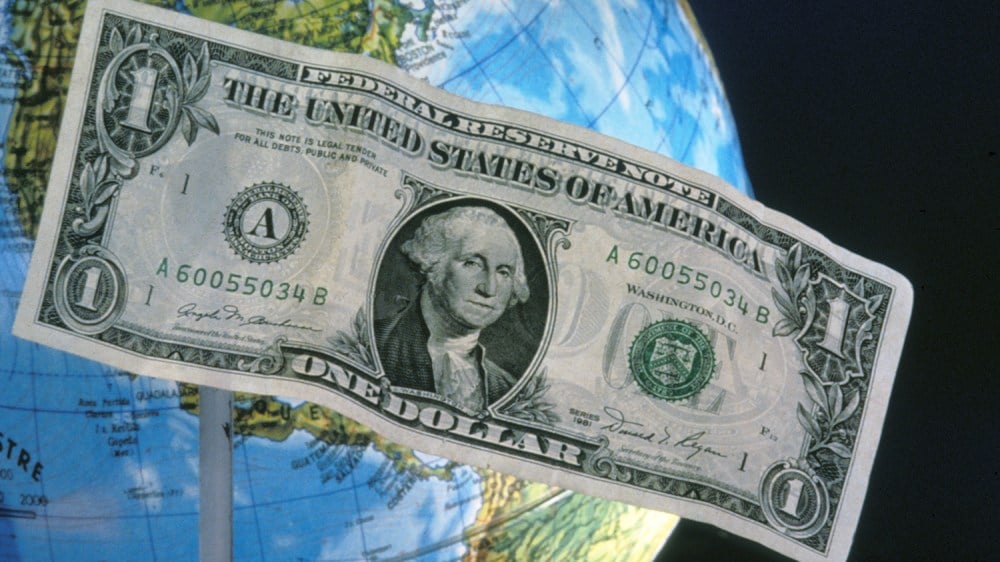Speculators will overhype any experiment because of their investments in them - these people want your money for their experiments to work. But those who fall for these calls will suffer when experiments fail. Blockchain is interesting case study.
Critics say a lack of regulation has contributed to volatility in the nascent industry. In 2022, several cryptocurrencies and crypto firms collapsed, including industry heavyweight FTX, causing trillions of dollars in losses.
The dizzying rise of Bitcoin and other cryptocurrencies has created new challenges for governments and central banks. Some are responding by introducing their own digital currencies.

www.cfr.org
The vision of digital cash – of a decentralised payment infrastructure based on cryptography – went awry when blockchain networks became congested in 2017, resulting in soaring transaction fees.[2]
Subsequently, the narrative of digital gold gained momentum, sparking a “crypto rush” that led to one in five adults in the United States and one in ten in Europe speculating on crypto, with a peak market capitalisation of €2.5 trillion.[3]
However, this illusion of crypto-assets serving as easy money and a robust store of value dissipated with the onset of the crypto winter in November 2021. The fall in the price of cryptos (Chart 1) led to a decrease of around €2 trillion worth of crypto assets within less than a year. This caught millions of investors unprepared.[4] An estimated three-quarters of bitcoin users suffered losses on their initial investments at this time.[5]
The European Central Bank (ECB) is the central bank of the European Union countries which have adopted the euro. Our main task is to maintain price stability in the euro area and so preserve the purchasing power of the single currency.

www.ecb.europa.eu
It is a matter of common sense to not invest in something that is not regulated but there is no shortage of dumb people in the world who are misled by speculators to do their bidding.










